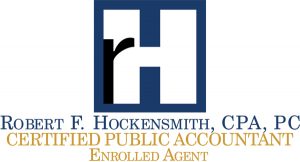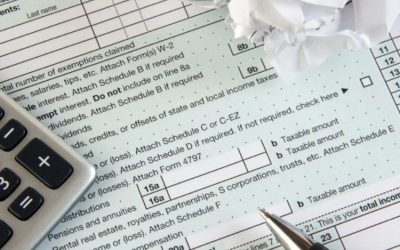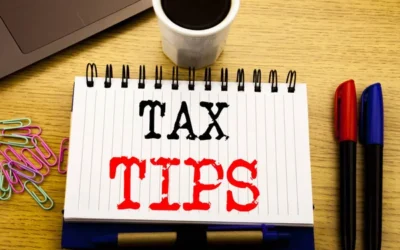Blog
Financial Planning and Fiscal Fitness
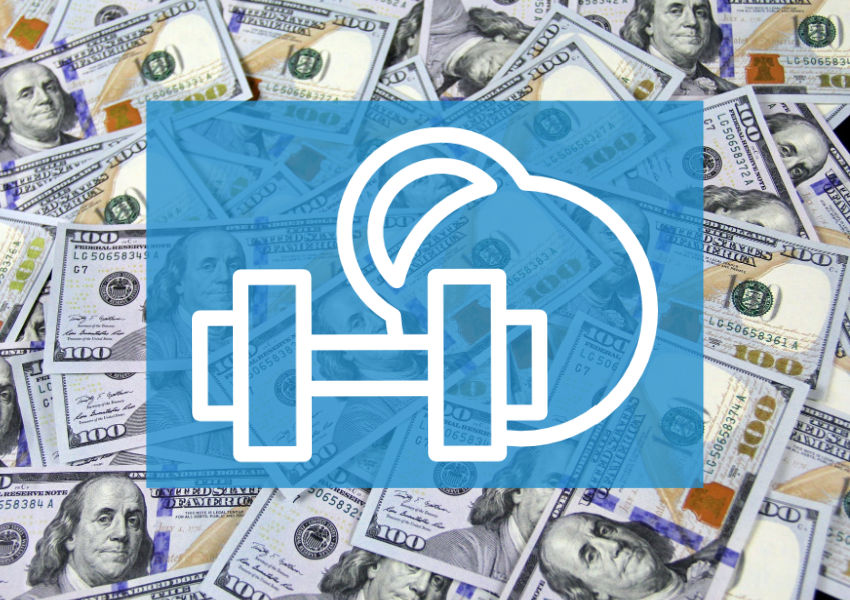
Financial Planning and Fiscal Fitness
Believe it or not, everybody can become a millionaire given enough time. Here’s the simple math behind it. Betty and Jonathan taught their son to put away $2,000 into an IRA each year, from the age of ten (10) through twenty (20), and he does no more with the money, but wait.
When Jonathan turns sixty (60) he will have over 1 million dollars with a 6% return. You can replicate this simple rule and your children will thank you because without really having to do much they will have a secured amount, as big as 1 million dollars, waiting for them, when they hit the golden years.
Dreams can be fulfilled, but the first step is to dream and aspire for it. So, you see, everybody can become a millionaire given enough time.
To become a millionaire, consider the following points:
Discipline equals success
Putting something away each payday is better than waiting until later. Frequently people do not believe they have money to put away. However, if you were to put away the cost of a pack of cigarettes or the money spent on Starbucks each week, you would be surprised to find that you could save many $$ a month.
Systematic investing provides the building of wealth
Having money taken from your pay and put into a savings account is easy for many people, because they never see the money coming out of their check, they just see their account growing. Everyone needs an emergency fund. An emergency fund should be 3-6 months’ worth of living expenses, or a minimum of $1,000. The emergency fund can be placed in a savings account. Even though the interest rate may be low on a savings account, it could save you borrowing a lot of money with a high interest rate, in an emergency.
Start today because the longer you wait, the less you make
Putting money away when you are 20 is easier than putting it away when you are 40 because you will need to put away three times as much if you wait until 40 to start saving. Compounding allows you to need less at an earlier period, which allows you to have more at a later period.
Time and compounding are what make you money
Einstein said that the greatest secret in the universe is the power of compounding. Most people become rich from making money on money, not from finding secret stock tips. The key is investing money in something that pays you money and then reinvesting it. For instance, buy stocks that pay dividends and then reinvest the dividends. This is better than buying new stocks and hoping they rise drastically over time.
Speak with your Financial Advisor (if you do not have one, get one)
Discuss what type of savings plan can be established for you. As they say in physics, “An object in motion tends to stay in motion, and an object at rest tends to stay at rest.” There are many savings opportunities available and once you start saving, it is easy to continue.
Most of us are aware that we need to have a workout plan to stay physically healthy. Well, believe it or not, you also need to have a plan to stay fiscally healthy too. So, after learning the theories we listed above on financial planning, let’s learn how to develop a specific financial exercise plan to know roughly how much you should be spending on a few different items. This plan is based on an annual basis of spending for the entire year. While some categories spent may be more than the annual range for any one month, if you stay in the range by the end of the year, you should be fine.
You should always have 6 month’s living expenses set aside in an Emergency Fund (Not invested, just sitting in a bank or credit union account), before you set about anything else. AND, if you are married or have children you MUST have term life insurance of ten (10) times the breadwinner’s annual salary.
After that, then the standard to try to manage is listed below (this is a guide). For example:
- Housing 17-25% (Rent/mortgage, repairs and escrow (property or renter’s insurance and property tax) payments)
- Food 10-14% (Includes groceries for yourself and the family only)
- Transportation 10-13% (Gas, car payment, repairs, insurance)
- Entertainment and Clothes 5-9% (Clothes, movies, theatre, theme parks, gifts to others, and holidays)
- Utilities 5-9% (Gas, electricity, water, and phone)
- Retirement Account 15% (This is from your Gross income, and you only do this AFTER you have an emergency fund saved)
- Healthcare 7-10%
- Charity 5-10% (Ideally 10% is best, but sometimes you must adjust, what you donate to local charities)
Once you get an idea of what your specific spending habits are, you might be able to adjust so that you meet or even beat the average of the American taxpayer.
Additionally, you should have an idea of the priority of spending for these categories (which bills should be paid first, second, third, etc.):
1. Food
2. Housing
3. Utilities
4. Transportation
5. Healthcare
6. Retirement Account
7. Charity
8. Entertainment
These are guidelines and certainly mitigated by each person’s circumstances. Remember, not everyone will spend in all the categories listed. Your fiscal exercise plan should be to try and stay within the target ranges each month. By using the financial planning tips, coupled with the fiscal fitness schedule listed above you should be able to become financially successful and independent quickly. Like in the story of the tortoise and the hare, the tortoise ALWAYS wins. Similarly, financial success is not a sprint; it’s a long-distance marathon.
Call today, don’t delay! See how this affects you. We can be reached at 602-264-9331 and on all social media under azmoneyguy.
Be more prepared for this year’s tax season! Get your copy of Bob’s NEW book, 52 Ways to Outsmart the IRS, Weekly Tax Tips to Save You Money on Amazon, Kindle, or at Azmoneyguy.com (available in paperback and eBook).
Related Blog Posts
Common Tax Filing Mistakes
Learn how to pass on more of your wealth to your heirs and pay less to the government before it's too late! Click here...Address & Map(602) 264 - 9331CLIENT PORTALAddress & Map(602) 264-9331[DISPLAY_ULTIMATE_SOCIAL_ICONS] Here we are at the April tax...
Tips about Taxable and Nontaxable Income
Learn how to pass on more of your wealth to your heirs and pay less to the government before it's too late! Click here...Address & Map(602) 264 - 9331CLIENT PORTALAddress & Map(602) 264-9331[DISPLAY_ULTIMATE_SOCIAL_ICONS] If there is an income, there...
Itemizing vs. Standard Deduction: Five Tips to Help You Choose
Learn how to pass on more of your wealth to your heirs and pay less to the government before it's too late! Click here...Address & Map(602) 264 - 9331CLIENT PORTALAddress & Map(602) 264-9331[DISPLAY_ULTIMATE_SOCIAL_ICONS] When you start planning early,...
Do You Owe The IRS?
Learn 5 Secrets The IRS Doesn't Want You To Know.
Click on the button below to get FREE access to this exclusive content.
Tax and Financial Advice from an expert
Mr. Hockensmith has been a guest newscaster for national and local TV stations in Phoenix since 1995, broadcasting financial and tax topics to the general pubic. He has written tax and accounting articles for both national and local newspapers and professional journals. He has been a public speaker nationally and locally on tax, accounting, financial planning and economics since 1992. He was a Disaster Reservist at the Federal Emergency Management Agency, for many years after his military service. He served as a Colonel with the US Army, retiring from military service after 36 years in 2008. Early in his accounting career, he was a Accountant and Consultant with Arthur Andersen CPA’s and Ernst & Young CPA’s.

